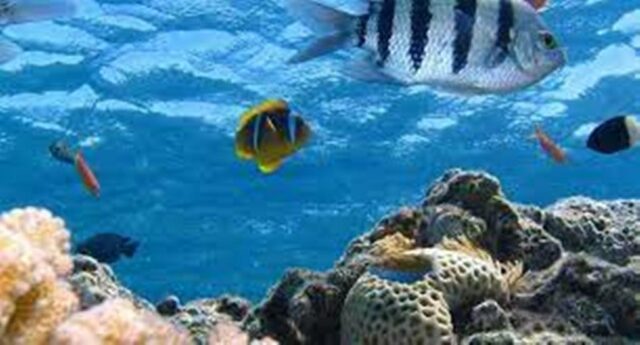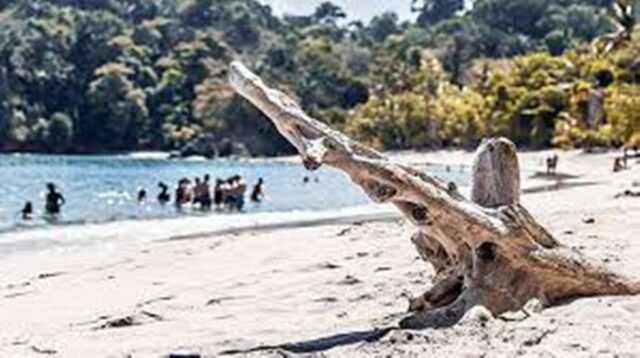Costa Rica, Chile, France, the United Kingdom and the United States announced a new global alliance to promote the role of marine protected areas (MPAs) as nature-based solutions to combat climate change, in advance of the conferences that the The United Nations will hold this year on climate change (COP 26) and on biodiversity (COP 15).
It is the International Alliance for Marine Protected Areas, Biodiversity and Climate Change, which will have scientific support from representatives of the International Union for Conservation of Nature and the Scottish Marine Science and Technology Alliance.
Protecting biodiversity
The Alliance will work with world leaders to provide them with the information and tools necessary to promote and make visible the contribution of MPAs, and the biodiversity that these areas protect, as a solution to help mitigate the effects of climate change on the ocean.

The government agencies represented in this alliance are the UK Joint Committee for Conservation of Nature (JNCC); the Ministry of the Environment of Chile; the NOAA Office of National Marine Sanctuaries in the United States; the Ministry of Environment and Energy of Costa Rica; and the French Biodiversity Agency.
Global challenges
“In developing countries, the coastal population faces not only challenges to survive the rise in sea level, but they also have less and less access to marine resources that are the basis for their well-being, economy and culture”, said Haydée Rodríguez, Vice Minister of Waters and Seas of Costa Rica

“As the Earth’s temperature rises, climate change and ocean acidification are rapidly and severely impacting species, ecosystems and people across the planet, jeopardizing food security, protection of coasts, people’s livelihood and sustainable economic development. Coastal wetlands, seafloor, mangroves and seaweed, or ‘blue carbon’, provide long-term and measurable carbon fixation. This ecosystem within marine protected areas is key in maintaining the proper balance of the ocean and in the process of resilience of the sea”, explained Rodríguez.

